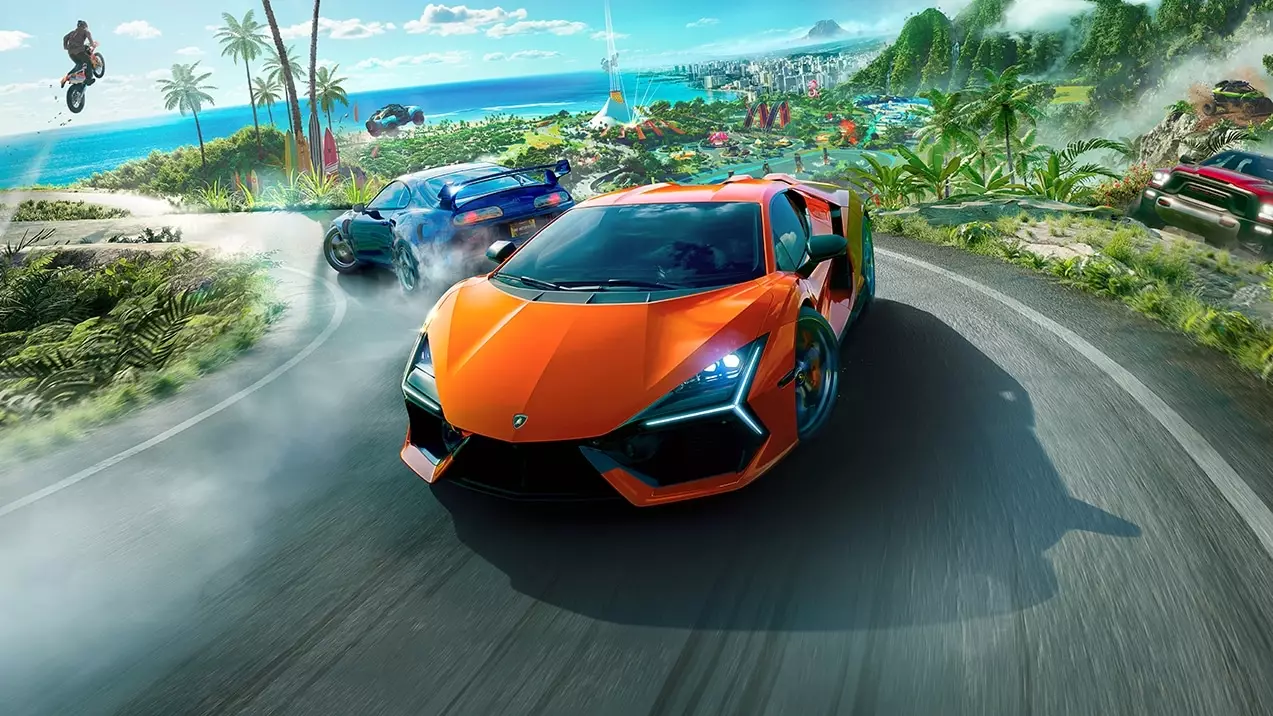In April 2024, the gaming community erupted in outrage when Ubisoft’s popular title, The Crew, became unplayable after the company’s abrupt removal of its server infrastructure. This incident not only affected countless players who had invested time and resources into the game but also ignited a larger conversation about consumer rights in the digital age. The outcry included an organized effort dubbed the “Stop Killing Games” campaign, which called attention to the broader implications of game delisting and the need for preserving digital media. The sentiment was clear: players are advocating for their rights to access the games they have purchased.
In a move to quell the backlash and demonstrate a commitment to its player base, Ubisoft recently announced that both The Crew 2 and The Crew Motorfest would receive offline modes. Stéphan Beley, the senior creative director for The Crew franchise, addressed concerns expressed by the community, emphasizing the company’s desire to ensure “long-term access” to these titles. This response highlights an evolving understanding among developers of the necessity to maintain gameplay accessibility, irrespective of the complications that may arise from licensing agreements, especially regarding vehicles, liveries, and music.
While the official announcement is indeed a positive development for fans, it also underscores commercial motivations. It is critical for gaming companies to recognize that if players believe their purchases may become obsolete in a few years due to potential delisting, they may hesitate to invest in new titles. By pledging to deliver offline modes, Ubisoft is not only aiming to appease its current player base but is also strategically positioning themselves to secure future sales. After all, a game that promises longevity is more likely to attract players who wish to invest their time and money.
Game preservation is a growing issue as the gaming landscape continues to evolve rapidly. The Crew franchise’s passionate community, despite the controversies surrounding its initial title, has consistently displayed dedication and enthusiasm. With The Crew 2 entering its sixth year, the introduction of offline modes seems well-timed to nurture and protect that commitment. As Ubisoft works to finalize these plans, there remains a collective anticipation from fans eager to understand how access will impact gameplay experiences moving forward.
As Ubisoft prepares to unveil further details regarding offline functionalities for The Crew 2 and The Crew Motorfest, the community stands vigilant. This evolving narrative is more than just a business decision; it reflects a significant shift in how developers are beginning to treat their consumer base. As the gaming industry grapples with issues of access and longevity in an increasingly digital world, the move to incorporate offline modes into games represents not only a step forward for The Crew franchise but also a potential catalyst for broader changes in industry practices. The dialogue concerning player rights and game preservation is far from over, and the actions taken—both by Ubisoft and the community—will shape the future landscape of gaming for years to come.


Leave a Reply